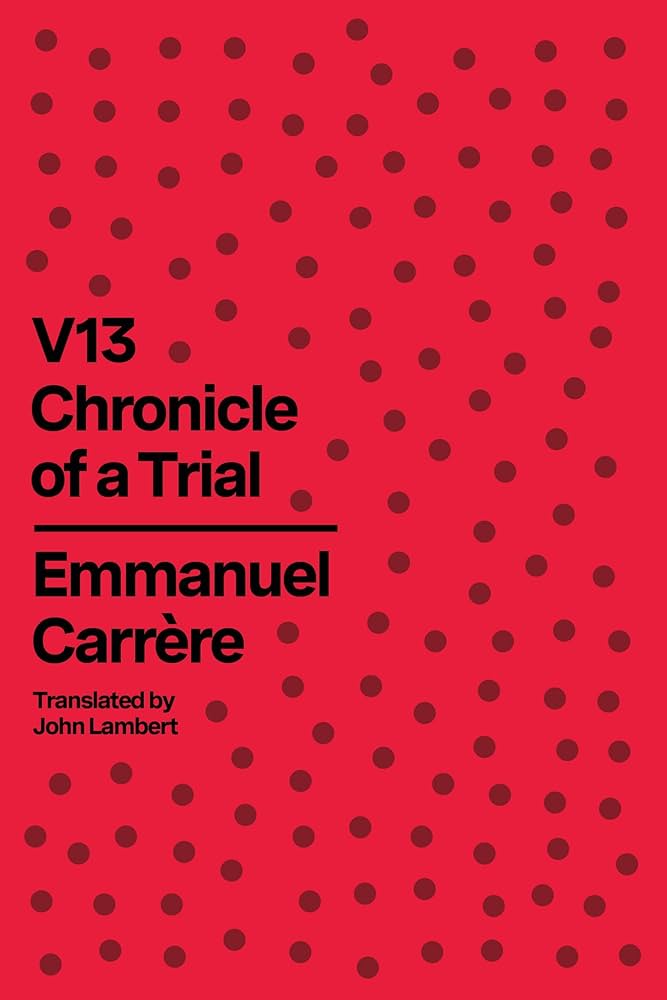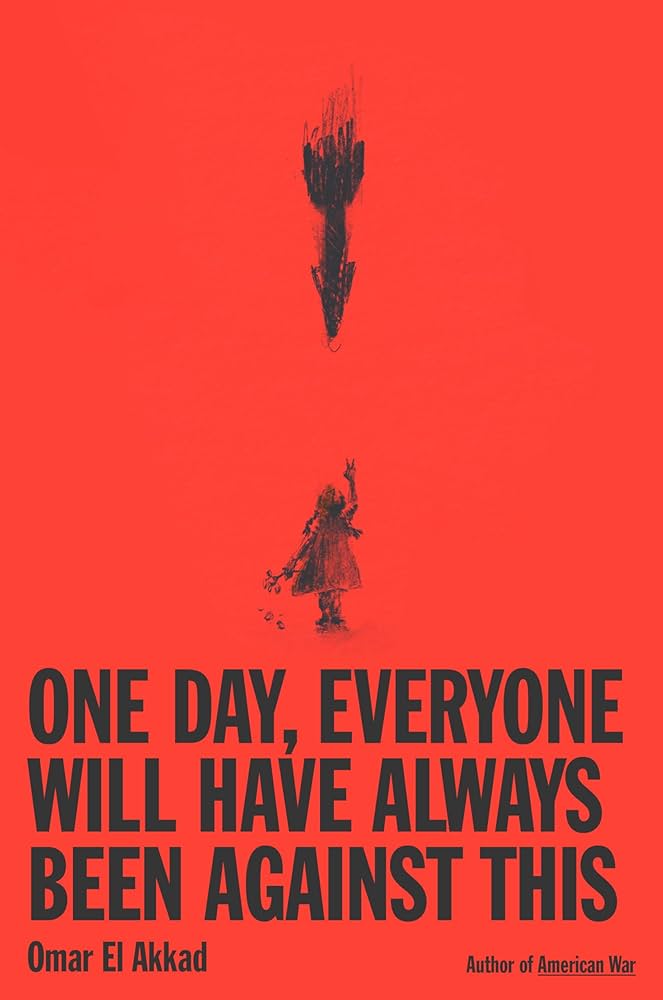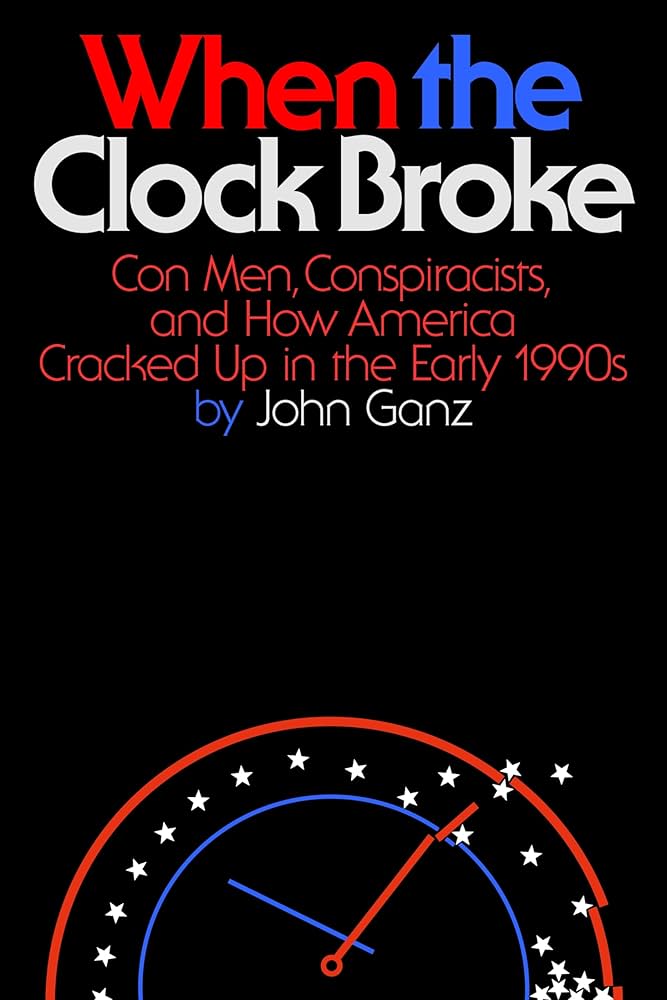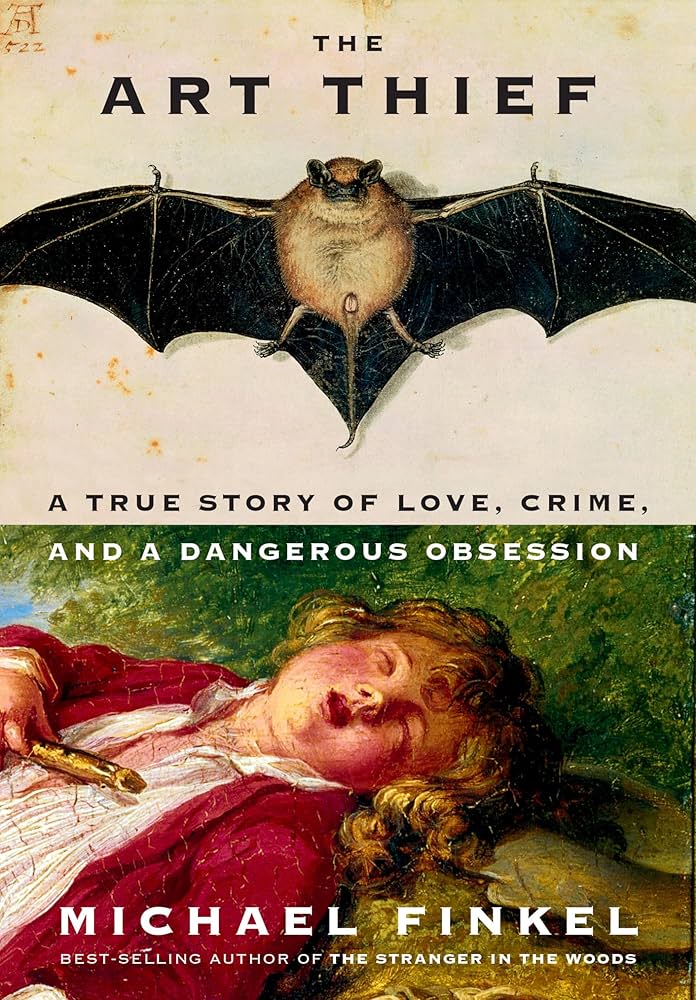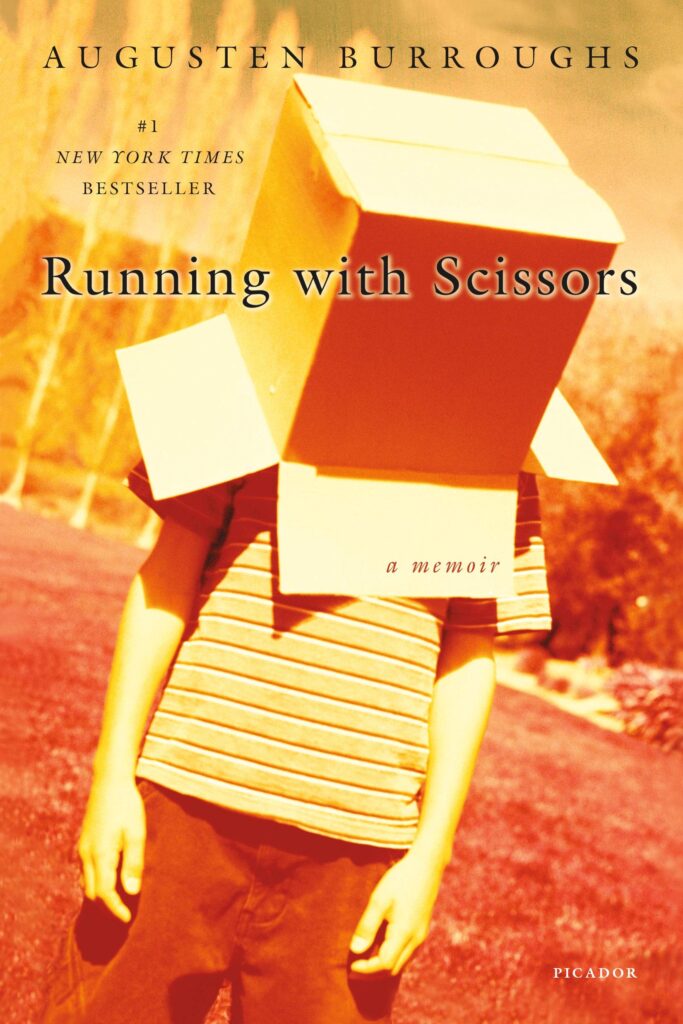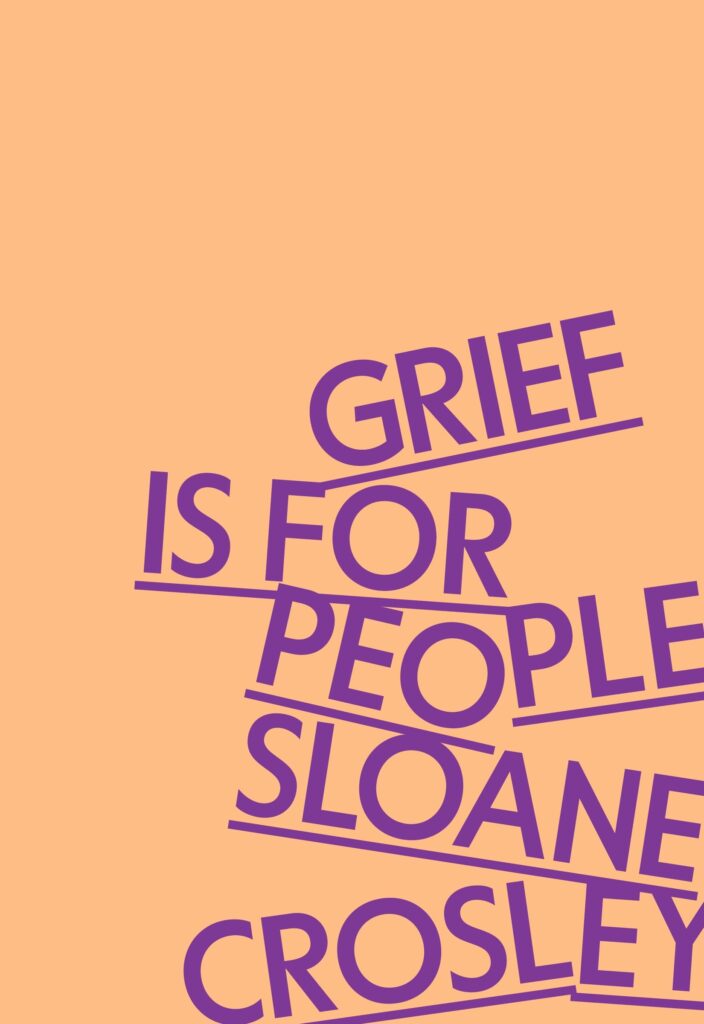V13 is the shorthand for the 2015 terrorist attacks at the Bataclan nightclub and other sites across Paris (V for Vendredi). Over a ten-month period starting in fall of 2021, eight men stood trial for various terrorism and terrorism-adjacent activities that day. Emmanuel Carrère was there for almost every minute of it.
Carrère is a novelist and columnist, and this is an edited and updated (and translated) collection of weekly pieces that he filed for Le Nouvel Obs over the duration of the trial. He’s an incredible writer, even in translation:
Terror is the disappearance of that curtain behind which nothingness hides and which normally allows one to live peacefully. Terrorism is tranquility made impossible. Your sentence will not allow the torn curtain to be mended. It will not heal the wounds, visible and invisible. It will not bring the dead back to life. But it will at least be able to assure the living that, here, justice and the right have the last word.
Carrère brings real empathy and compassion to the project: for the victims of course, and their families, but also for the defendants. He describes how three of the defendants may be nothing more than bumbling young men with bad luck, wrong place, wrong time. He questions why one of the terrorists was wired for a suicide bombing but didn’t go through with it. But Carrère draws no conclusions, other than the certainty that it will happen again, and that the legal system is largely ill-equipped to deal with it.
From the Washington Post review:
The chief legal question of the trial was whether the five men accused of less-serious misdeeds were engaged in “criminal association” — a relatively minor offense — or “criminal terrorist association” (emphasis mine) — a grave crime. But the real drama of the trial, at least as depicted in Carrère’s magnificent book, was not legal but emotional. How could the survivors of the attack face life in its aftermath? How could people muster heroism in such horrifying circumstances? And perhaps most mystifyingly, what were the terrorists thinking?
What stands out most to me is the community that forms over these months – Carrère gets to know the victims, lawyers, and other figures, shows a curiosity and empathy that constantly surprises. This book educates, evokes emotion and raises complicated legal and moral questions that have stayed with me for weeks after reading.

